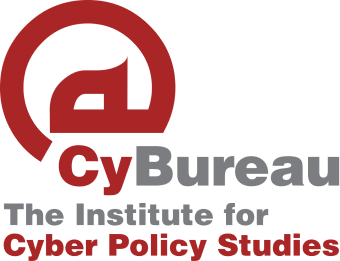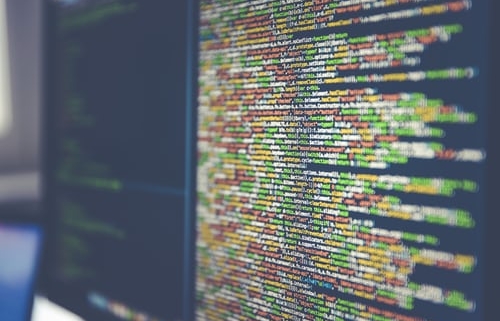Indian Activists Call for Robust Privacy Law in the wake of Pegasus Surveillance Issue
Pegasus is a surveillance tool developed by Israel’s NSO group and it is capable of infiltrating smartphones and turns them into surveillance devices. On July 18, a global consortium of 17 media organizations reported a leaked list of 50,000 phone numbers that were targeted for surveillance using Pegasus. The Indian government was also accused of using Pegasus spyware to illegally intercept the smartphones of opposition leaders, journalists, and human rights activists. This incident received severe criticism and concerns have risen over privacy in cyberspace.
The Telegraph Act, 1885 and the Information Technology Act, 2000 has made surveillance lawful in India in the interest of public safety and protecting sovereignty and integrity. But these acts have become outdated and there is in need for a law that addresses technological developments. Pavan Duggal argues that since spyware does activities that are qualified as cybercrime they are illegal and illegal surveillance should not be encouraged.
Though the government has introduced Personal Data Protection Bill in 2019 it is yet to become a law. This bill gives exemption to certain government agencies and empowers the government to direct the private companies to submit the personal as well as non-personal data of Indian citizens.
In the pretext of protecting national security and countering terrorism governments are involved in surveillance and maximising their access to the data. Though this helps to achieve their objectives, access to a huge amount of data gives them political leverage. The activists are of opinion that to gain this political leverage the lines of privacy are increasingly blurred and this can be stopped only by bringing stringent laws that adhere to privacy norms and awareness among the public regarding data theft and its consequences. Hence the government must work towards achieving a fine balance between protecting the national security as well as protecting the civil liberties of the individuals.

